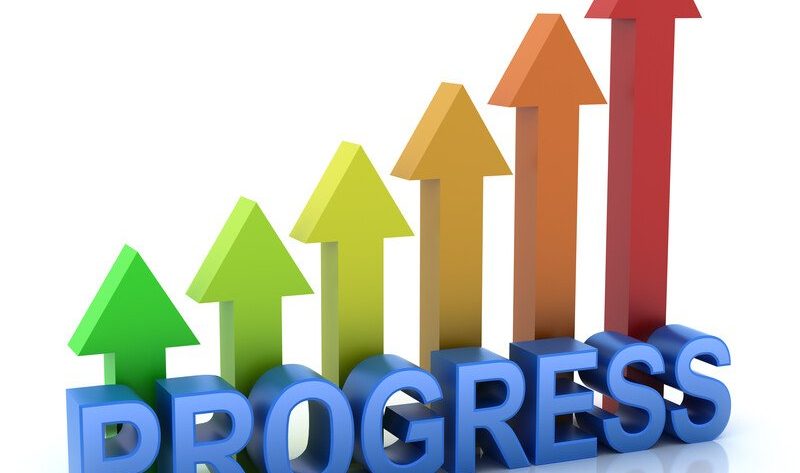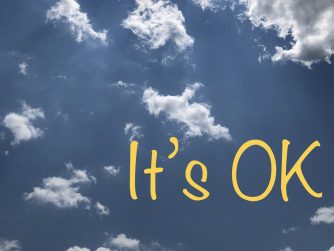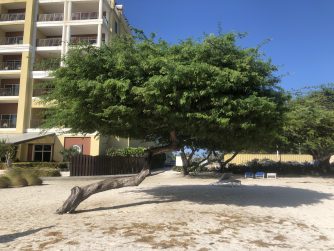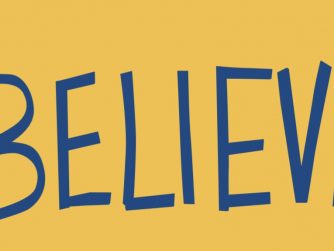What does success look like to you?
Recently, one morning, I woke up to the news that Fulcrum Therapeutics announced the results of their clinical trial for an FSHD drug. The company was over the moon about what they’d been able to accomplish.
Fulcrum is claiming this clinical trial, and the drug, is a success. But how do they define success?
It turns out, they took their cue from the FSHD patient community. They polled the people they were trying to help with this drug and asked us how we would define success.
The problem is, we the people with FSHD, are much too realistic. That’s something that living with a disability will do to you. Reality slaps us in the face every morning.
It turns out, all we really wanted was a little progress. We’ve had nothing forever, so slowing the progression of this disease, just a little, would be progress.
I often talk about gratitude. I’m truly grateful for progress. But I dare to be bold and ask for more. I want more than statistical improvement that scientists get excited over. To quote U2, “I want to run. I want to tear down the walls that hold me inside.”
I think it’s important to celebrate progress for what it is. It’s why we celebrate things like high school graduation and getting a promotion. It’s progress.
So I’m hopeful but guarded. There’s more to be done to make a meaningful impact on the lives of people with FSHD.
One of the earliest meanings of the word “patient” is “one who endures hardship without complaint.” I can’t think of a better way to describe the FSHD patient community.
I can’t be more appreciative of the dedicated researchers and scientists working to cure this disease. Patience goes hand-in-hand with perseverance. Patience and perseverance lead to progress and progress leads to hope. I have hope. Hope drives our work to have it all. But I’m realistically patient. Be grateful for progress and bold enough for hope.







